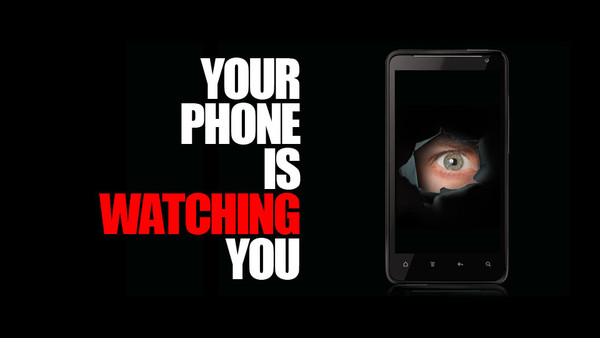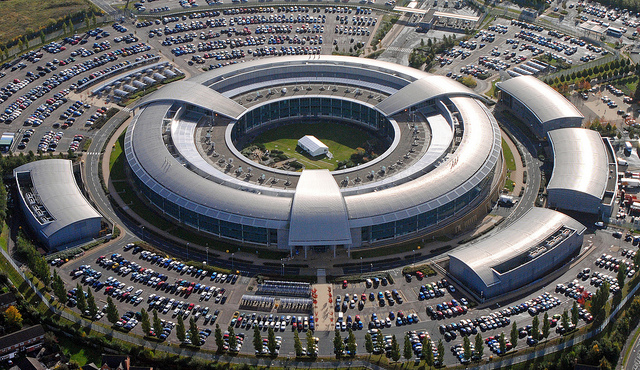I love Facebook. It provides me with easy access to all my friends and colleagues; a platform to share some of my work, a forum to build new connections. In fact, many (my bosses and parents at the forefront) would argue I display an unhealthy addiction towards Facebook. Regardless, social connectivity for myself and many across various platforms from Facebook to Twitter hold a vast array of utilities. Add to that the constant connectivity bestowed upon a large section of the globe by smart phones and all seemed rosy. But at what price do we gain such comforts?
On the 6th of June, 2014, the Washington Post released a report detailing an extensive program under which the US’s National Security Agency had tapped directly into servers of nine companies including Facebook, Google, and Apple in order to collect what was otherwise private user data. All involved companies initially denied knowledge about the program – code named PRISM. However, since then individuals from the National-Security Agency, including one of their top lawyers have stated all data was mined with the knowledge and cooperation among the companies.
At least, I had informed consent. At least, I knew everything that was being taken from me, and as flimsy an argument as that is when your privacy is being compromised, I told myself the utility of the service far out-weighed the price I was paying.
Even at that stage, the fact that companies store user data was not news to most. Corporations such as Google and Facebook have created an entire business model based on collecting our data -including our Internet search history, product preferences and location in order to sell information to advertising agencies, so they can target us with products we are more likely to purchase. This perhaps is a sacrifice, we are willing to make, considering both Google and Facebook, at the end of the day provide us with innumerable services without charging any money.
So knowing that data I generated was being funneled to both the NSA and advertisers, I willingly chose to continue using the services. At least, I had informed consent. At least, I knew everything that was being taken from me, and as flimsy an argument as that is when your privacy is being compromised, I told myself the utility of the service far out-weighed the price I was paying. And so I continued using these services until last week Facebook informed me I could no longer use messaging without downloading a stand-alone Facebook Messenger App. I had previously deleted the same app due to the drain it caused on my phone’s battery, and some bug in the software automatically turned on the location settings on my phone despite me continuously, and painstakingly taking the time to switch it off every time it was turned on. Apprehensive, I returned to the Play Store to download the app, hoping Facebook had fixed the problems that caused it to drain my battery like a runner does to water bottles after a long marathon. However, once there, I ended up declining to download the app for entirely separate reasons.
The app, within its permission required for me to accept the app will exercise control over messaging, contacts, the camera; it will directly dial numbers, and recording of audio. Since then Facebook, has denied any malicious intent, but as with the denial of their collaboration with the NSA, there is precedent to suggest their intentions might not solely be as noble as reading “verification codes sent by text in order to secure our account better.” Indeed, the language used, by default, makes it clear that when you click agree, you agree to the app, if need be, using your device’s camera, audio recorder, phonebook, messaging system, and dialer without informing you. Regardless of whether Facebook intends to (mis)use the permissions you have granted to them today, if they want to use them tomorrow; they have your permission to do so.

Facebook in itself already has a poor history for the level of consideration it holds for its users. A few months ago, Facebook admitted to intentionally attempting to control users’ mood by only displaying items of a similar theme on their news feeds. It worked. Users with more solemn, depressive content on their news feed in turn posted material of a similar theme. None of the users were informed of this “experiment,” as Facebook called it. No one consented to it. However, Facebook, with a contemptible disregard for its users, attempted to and succeeded in manipulating their feelings. Social networking websites have an immense amount of data, and control over their users, with very little check over how they use it. Something, somewhere needs to change in order to redress the balance.
The language used by cellular apps allows a wide and vast scope for misuse and must face a harsher degree of scrutiny than it does today. In order for your smart phone to hold significant utility for you as a communication device, you are expected to allow corporations to tap into and use a large variety of its features with impunity. That, frankly, is scary.
The problem of apps asking for inexplicable permissions isn’t one only found with large international corporations. Recently, an app inspired by Imran Khan’s Azaadi March was released, called Container Run. While the app in itself is an unimpressive knock-off game in line with the Temple Run sort of format, for some reason, it requires access to the devices Call ID and Phone book in order to identify the device’s phone number, and the number of any phone that is connected via a call. Why a game involving a man running and jumping over obstacles needs such permissions is not known, and what’s even more harrowing is the question of who actually ends up getting all that data and for what/how they use it.

Most of us willingly make a compromise when we agree to use these devices and free services they provide, despite knowing our data is being collected and sold to advertisers in order to provide us with avenues that do aid our day to day experiences. However, it is imperative that at some stage, we draw a line. It is not as far off as one may think that a silly joke, sent to a friend is flagged as a “security risk” deep in the confines of the head-quarters of the NSA and GCHQ, where computers churn through billions of bytes of data, caching content without the ability to discriminate between serious statements, and passing jokes. Some things we say to our closest friends also may seem crude and aggressive towards the world that looks in from outside our own perspective. Most of us would be deemed certified sexists, and racist is some of the jokes we make to those close to us are made public knowledge. Reasons such as this must, on their own be sufficient to dissuade us from accepting such flagrant infringement upon our privacy.
Surveillance upon individuals impedes upon their privacy; privacy that may not seem a big deal today, but as we head closer to a world straight out of an Orwellian nightmare, it will be those little scraps of privacy that we will cherish. Agencies need to curb their intrusive efforts to increase the collaboration and access they have to content generated by organizations such as Google, Apple, and Facebook; and within the same breath, these organizations need to cater more so to the customers who allow them to exist, rather than handing the customers a double-edged sword that leaves them with no option but to wave away their rights to privacy.


